“The first gatherings of the garden in May of salads, radishes, and herbs made me feel like a mother about her baby ― how could anything so beautiful be mine. And this emotion of wonder filled me for each vegetable as it was gathered every year. There is nothing that is comparable to it, as satisfactory or as thrilling, as gathering the vegetables one has grown.” ― Alice B. Toklas
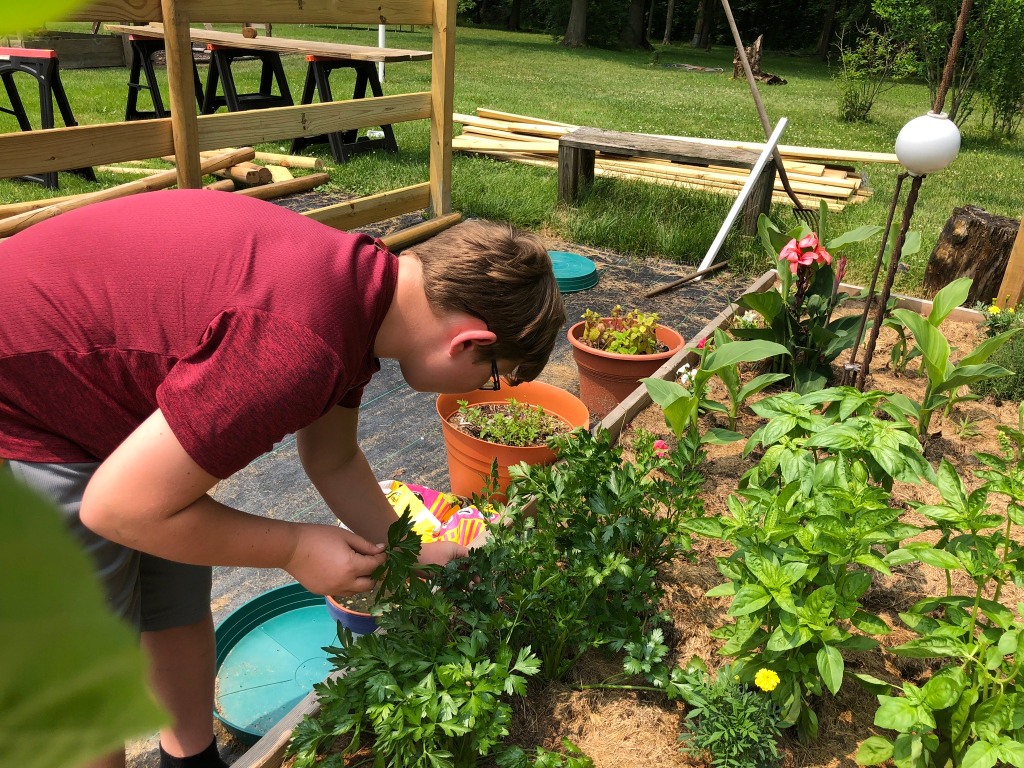
What is Food anonymity? My definition is simply when society loses connection to where and how their food is grown and distributed. If you google it, you’ll come up with information on food insecurity which is simply “a condition in which households lack access to adequate food because of limited money or other resources…”
As we see an uptick in farmers market attendance and folks growing their own food, there seems to be a bit of hope. If you are like me, someone who both grows some of my own food, and shops at local markets, then you understand the gratification that comes with it. You know you are supporting local growers and family owned farms, on top of the incredible satisfactions of going out to your garden and picking a fresh tomato or cucumber.
I really became aware of the food anonymity as a market vendor. So often people would come and have no idea that potatoes grew in the ground, or peas developed in a shell. It can actually be a bit disturbing. I made it my mission to not only sell food back when I had my farm, I was committed to educating people on where their food was coming from as well.
Food is an essential part of our daily lives. It fuels our bodies, satisfies our taste buds, and brings us together in shared experiences. But how often do we consider where our food comes from, who produced it, and under what conditions it was grown or raised? Unfortunately, the answer for many of us is rarely, if ever. The food industry is one of the least transparent industries in the world, with little to no regulation or oversight in many areas. This lack of transparency has significant implications for consumers, from health concerns to ethical and environmental issues. In today’s blog, I want to explore the impact of food anonymity on consumers, that means US, & the ways in which we can break free from the chains of ignorance and demand change.

First, What is food anonymity?
Food anonymity is the term used to describe the lack of transparency in the food industry. It refers to the fact that we, the consumers, often have no idea where our food comes from, who produced it, or under what conditions it was grown or raised. The supply chain for food is long and complex, with many different players involved, from farmers and producers to distributors and retailers. This complexity makes it difficult for consumers to trace the origins of their food and to hold companies accountable for their actions.
The issue of food anonymity is compounded by the fact that many companies engage in unethical and unsustainable practices in order to cut costs and increase profits. For example, some companies use harmful pesticides and other chemicals in their farming practices, which can have negative impacts on both human health and the environment. Others engage in animal cruelty, such as keeping animals in cramped and unsanitary conditions or using inhumane slaughtering methods. These are what generally are referred to as CAFO’s or Confined Animal Feedlot Operations.
Friends, I’ve stood in some of these and believe me when I say, you would not be able to eat the meat you purchase in the grocery stores if you did. That is why I have always been so adamant about knowing your farmer & producer! These practices are often hidden from consumers, who have no way of knowing what they are supporting when they buy certain products.

The impact of food anonymity on consumers
The impact of food anonymity on consumers is significant. When we don’t know where our food comes from or how it was produced, we are at risk for a number of health concerns. For example, many companies use additives and preservatives in their products, which can be harmful to our bodies over time. Additionally, the use of pesticides and other chemicals in farming can lead to contamination of our food, putting us at risk for illness and disease.
But the impact of food anonymity goes beyond just health concerns. It also has ethical and environmental implications. When companies engage in unethical practices, such as animal cruelty or unsustainable farming practices, they are contributing to a system that is harmful to both animals and the environment. By supporting these companies, consumers are indirectly contributing to these issues as well. Furthermore, the lack of transparency in the industry means that consumers have no way of knowing whether the food they are buying was produced in an ethical and sustainable way.

The dangers of food anonymity
The dangers of food anonymity are many. As mentioned, the lack of transparency in the industry can lead to health concerns, ethical issues, and environmental problems. But there are also economic implications as well. When companies engage in unethical practices in order to cut costs and increase profits, they are often doing so at the expense of their workers, who may be underpaid or subjected to unsafe working conditions.
Additionally, the lack of transparency in the industry means that small-scale farmers and producers may be at a disadvantage, as they are unable to compete with larger companies who can produce food more cheaply and with less regard for ethical and sustainable practices.
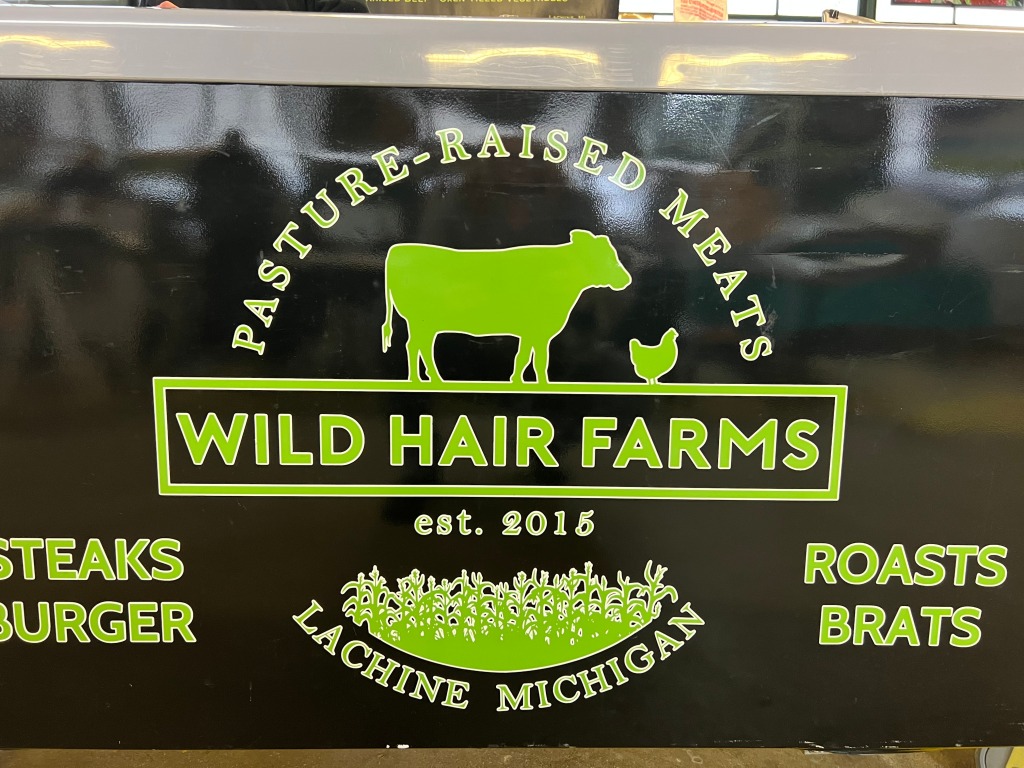
How food labeling can help
One way to combat food anonymity is through better labeling practices. By requiring companies to provide more information about their products, consumers can make more informed choices about what they buy and eat. For example, labels can indicate whether a product was produced using organic or sustainable farming practices, or whether it contains any additives or preservatives. Labels can also provide information about the origin of the food, allowing consumers to make choices that support local farmers and producers.
While some companies may resist these labeling requirements, consumers have the power to demand change. By supporting companies that are transparent about their practices and advocating for better labeling practices, we can send a message to the food industry that we care about where our food comes from and how it was produced.

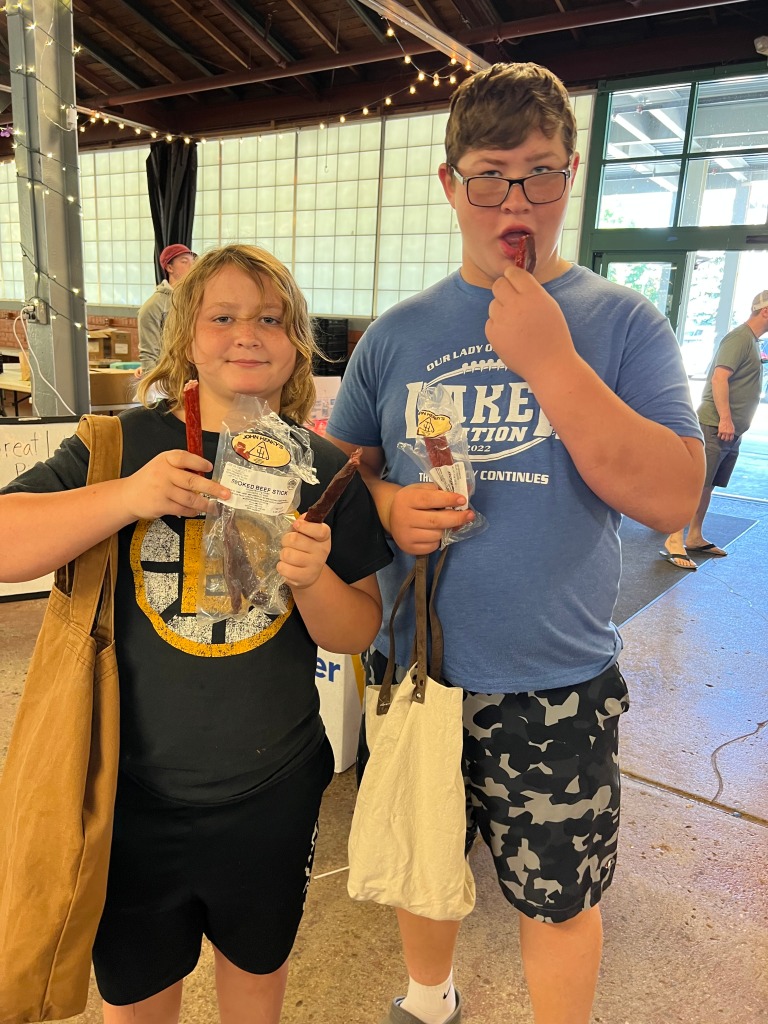
The power of consumer demand
Ultimately, the power to effect change in the food industry lies with consumers. By demanding more transparency and ethical practices from companies, we can create a more sustainable and just food system. This can take many forms, from supporting local farmers and producers to advocating for better labeling practices and more regulation in the industry.
One way to exercise our power as consumers is by choosing to buy products that align with our values. For example, we can choose to buy products that are produced using sustainable and ethical practices, or that support local farmers and producers. We can also support companies that are transparent about their practices and are committed to making positive changes in the industry.
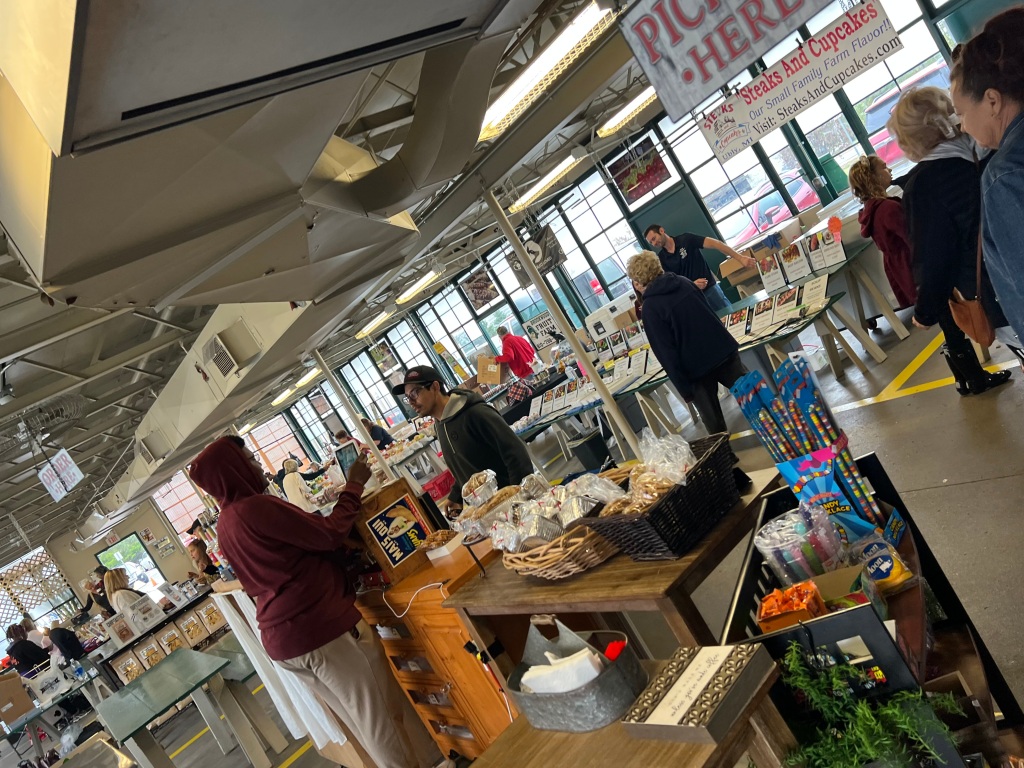
How to empower yourself as a consumer
Empowering yourself as a consumer begins with education. By learning more about where your food comes from and how it was produced, you can make more informed choices about what you eat and buy. This can involve doing research on companies and products, reading labels, and educating yourself on ethical and sustainable farming practices.
Another way to empower yourself as a consumer is by supporting advocacy groups that are working to create positive change in the food industry. These groups can provide resources and information on issues related to food transparency and sustainability, and can help you connect with others who share your values and concerns.

The role of advocacy groups
Advocacy groups play an important role in the fight for food transparency and sustainability. These groups work to raise awareness about issues in the industry, advocate for better regulation and labeling practices, and support small-scale farmers and producers. By supporting these groups, consumers can help amplify their voices and make a difference in the industry.
The importance of transparency in the food industry
Transparency is key to creating a more ethical and sustainable food system. When companies are transparent about their practices and products, consumers can make more informed choices about what they buy and eat. Additionally, transparency can help to hold companies accountable for their actions and create a more level playing field for small-scale farmers and producers.
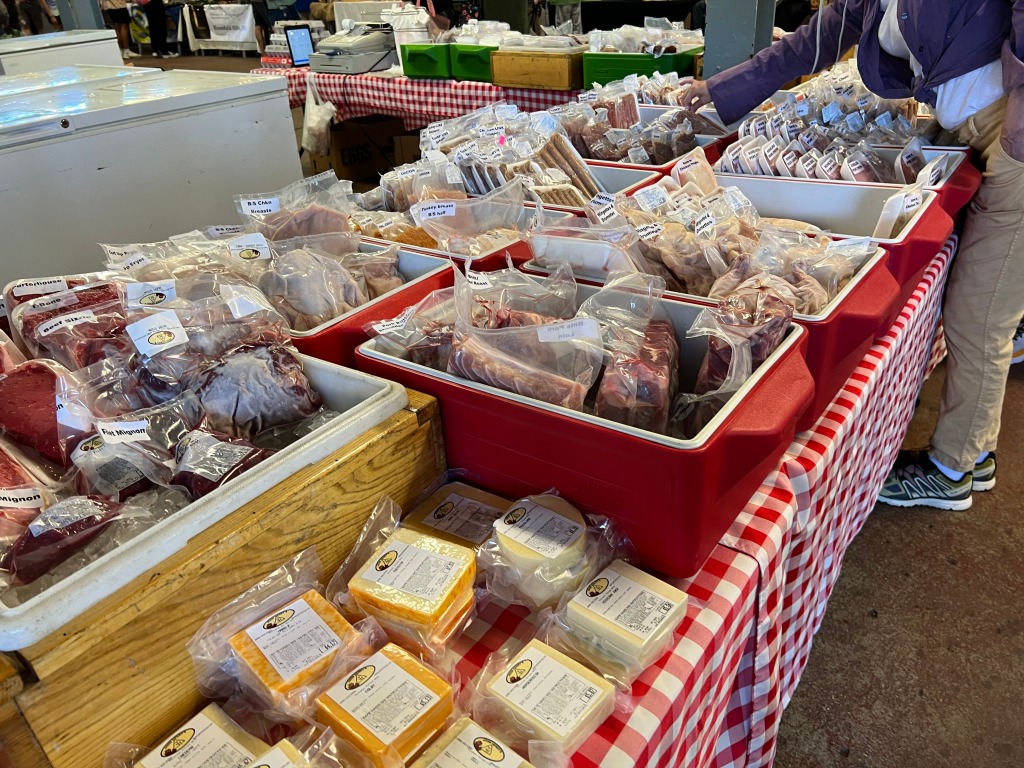
Breaking the chains of food anonymity requires action from all of us. By educating ourselves, supporting advocacy groups, and demanding change from companies and regulators, we can create a more transparent and ethical food system. This can involve making conscious choices about what we buy and eat, advocating for better labeling practices and regulation, and supporting small-scale farmers and producers. Together, we have the power to create a better future for ourselves, our communities, and our planet.
Here are some great resources:
A great site is Local Harvest
Other web sources to locate local farmers markets are the USDA, Farmers Market Coalition and M.I.F.M.A (Michigan Farmers Market Association).
“Farmers markets are an integral part of the urban/farm linkage and have continued to rise in popularity, mostly due to the growing consumer interest in obtaining fresh products directly from the farm. Farmers markets allow consumers to have access to locally grown, farm fresh produce, enabling farmers the opportunity to develop a personal relationship with their customers, and cultivate consumer loyalty with the farmers who grow the produce.”

I certainly hope you are encouraged to garden. Even if you start with only two or three of these things, that’s a great start!
If you enjoyed this blog , please LIKE, Follow, Share & leave me a comment! I love your feedback!
If you aren’t following me on Facebook or Instagram, go on over & give a LIKE & Follow me for daily tips & tricks for your home & garden!
Until next time friends, eat fresh, shop local, & have a happy day,
Jean
Copyright Policy
All text and images on this site are copyright of For Dragonflies And Me. Unless otherwise noted, you may not use this content.

